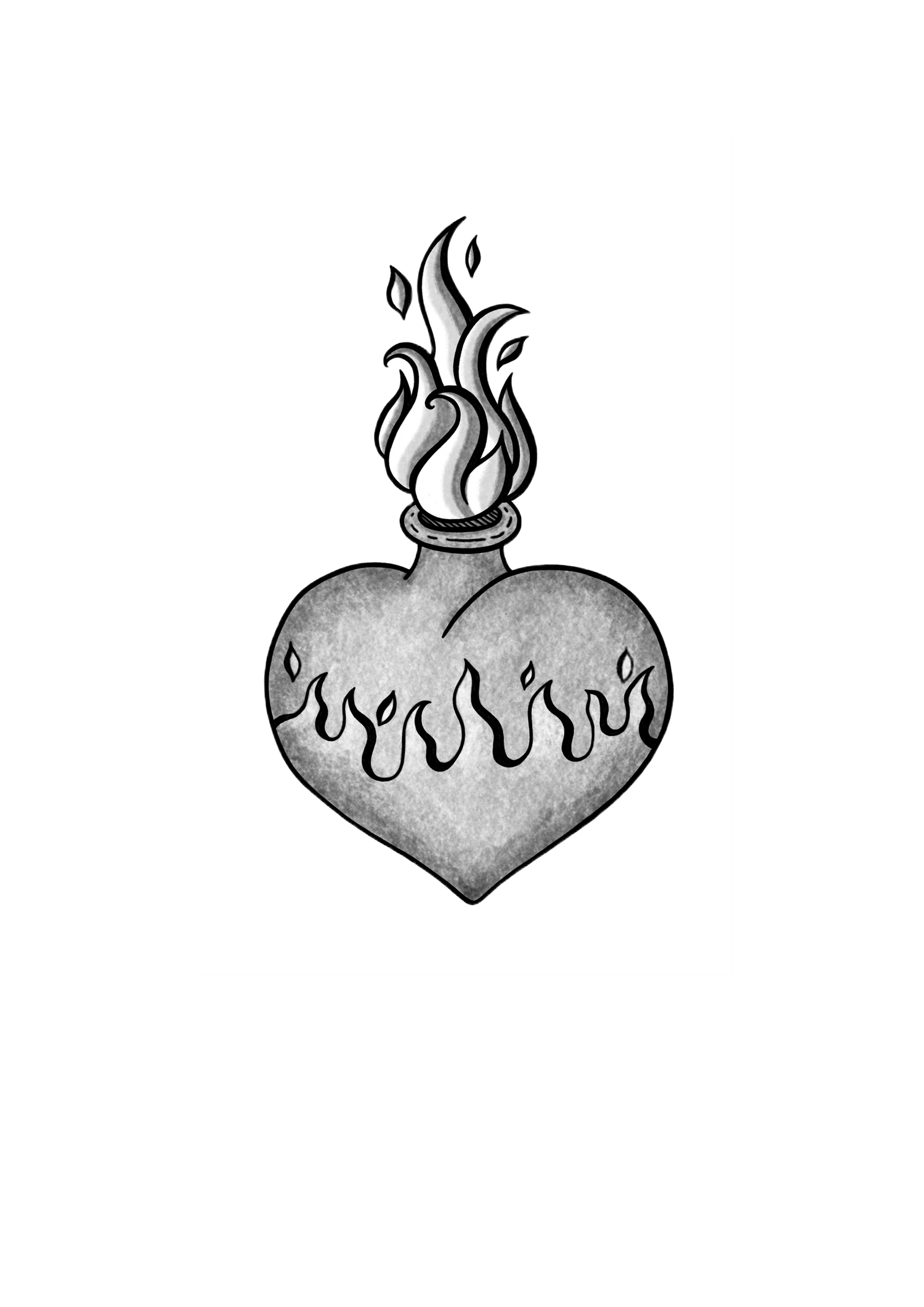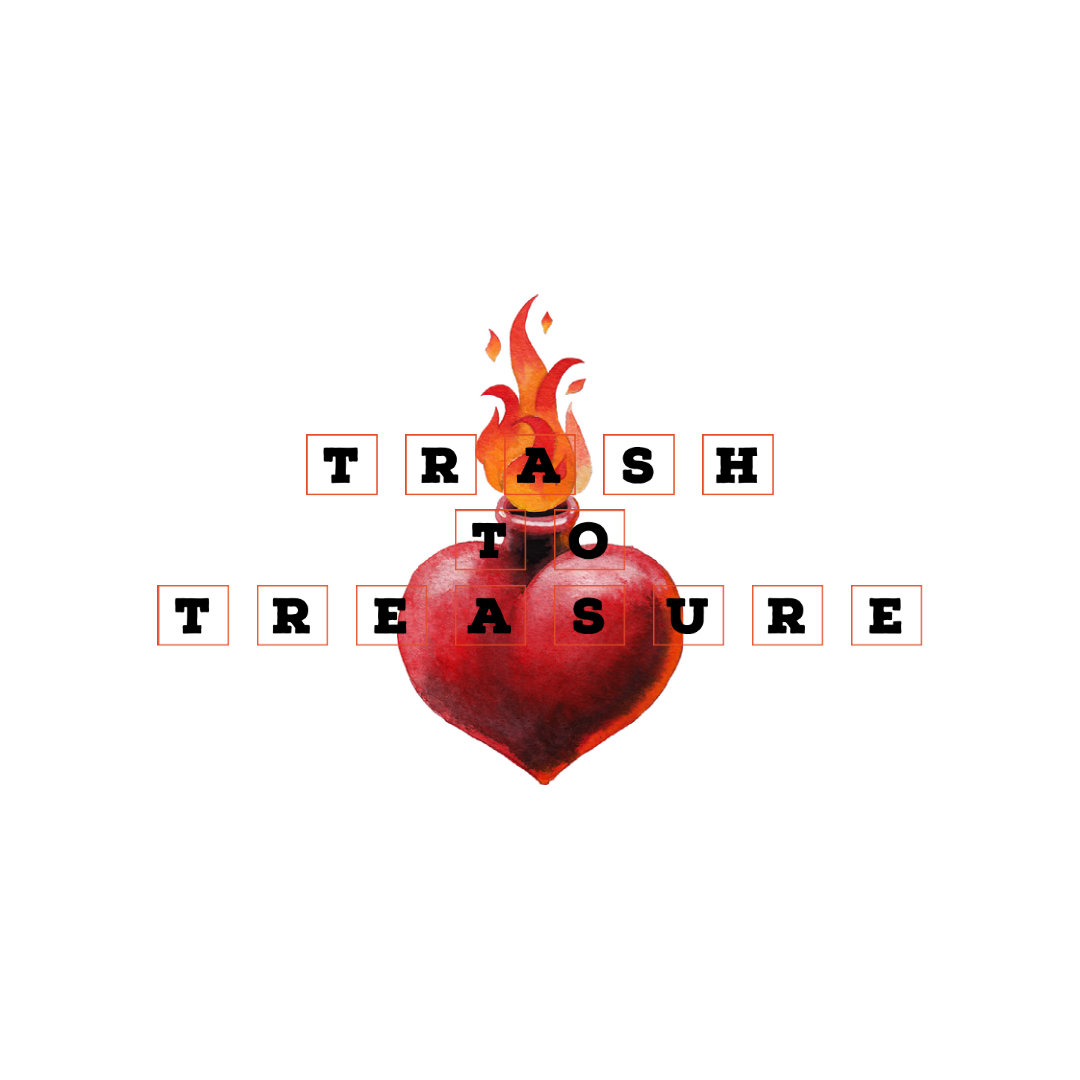i miss you every day (but you’re still alive) by Ole Jensen
When we watched the sunset together, there was a quietness between us. Like a forest sprung up, vast and wide, in the space separating our faces. I think I knew what it meant. How the fir trees bristled with a secret only the wind spoke. A forest, as quiet and as empty as the glazed look in your eyes. In our pauses, you looked like the loneliest wolf on the earth. Somehow I didn’t exist wherever you were. For some reason I, too, was willing to be blind. Neither of us saw each other that day.
A few years ago I was trying to perfect my essays in school, reading over other people’s ideas to create a Frankenstein’s improvement. A little collage I walked away with was on a book I barely even read, dusty on my shelf with white little peacock feathers. Dorian Gray, a stranger claimed with grandiose, was evil. He was evil because his eyes, (I think they were red, however, that might have been Dracula cut and paste glued in censorship) were the windows to his soul. And no good person has red eyes. Case closed. I think about that stranger a lot, reusing wives’ tales. Perhaps it was more about what they saw in our means to see. Maybe if I looked into your eyes, the forest between us would be burning with the embers of a setting sun.
Before then, you mentioned that my eyes were feline. I laughed at the sentiment. It came off like an old fisherman articulating the youth of an eldest daughter. It was sweet. But if I trace back to the empty classroom all those years ago, rifling through stacked prints of perfect works: what did you see in my soul? I looked back at you then. I thought eyes that were as gentle as yours couldn’t hurt me, too soft to hold something as sharp edged as a lie. But if eyes are only a window, then I failed to see beyond the glass.
What does that make me? If I am framed as a feline, be it so that I find content in peace. Was it the sharpness of my eyes, alert and untrusting, that led you to say it? I start to wonder if you invoked my soul as Sekhmet, recognising the dust of my skin as the sun’s daughter. Perhaps you looked at the frame, and thought of Ewais, the way I studied you sharply. If only my mind was as sharp as the claws you imagined I had, as the impressionist brush against the canvas.
When jumping back to the forest, you were the seated woman in Ewais’ portrait. I could see what went on behind your cloudy eyes: I recognised it. I chose not to believe it. Simple. I chose to stare out of our little scene, right at the viewer watching us collapse. Simple. And yet a nagging part of my mind insisted that I stay, insisting on domesticating myself for a while. It was a breach, after all, to leave a cat in a burning house. Fate herself would dare.
I chose blindness. Easy. Instead of recognising that there was nowhere to stay, I could imagine feeling at home with you. Except what does one do, when the soul cannot see beyond glass suddenly? When my eyes shut firmly, I became a child in the dark. Scared of feeling, because nobody can cloud or blind the drop in your stomach like they can with eyes. You no longer perceive, but you know. There’s no love like love of ignorance, and no fear as fear of knowing. The sharp burn of the truth on your arm, the acceptance of something being over, feeling the silence of a forest between us as the blood orange of the sky spat sparks that scalded my skin. The scratching of pines swaying softly is a message without needed translation.
And for some reason, I deluded myself into believing what I saw was something else. That those gentle eyes were unused to the wilderness, strong and steady that grew like weeds. I spoke about it. Moments before I climbed the stairs and knew that you, lonely wolf, were biting someone else. That the fir trees were your home. Yelena, I saw not your gentle eyes, but heard the growl of a wolf: why must you pain me so, to see the lies of your muzzle hide behind thin lips?
I was talking to your friend seconds earlier. His words were gentle, but his eyes refused to stab them home save for once. That you had four legs, not two. That you wander, venture, but never stay. Swimming in the pink lights behind the bar, draped on the sofa, he looked at me like I was trying to save something already drowned.
“I've seen less waffle in waffle house. It's annoying to read. I thought I could intellectualise a recent heartbreak. (I couldn't.) Moral of the story is it wasn't feral and to the point enough. The process was like bleaching my hair at home and expecting a balayage.”
Olivia is a second year student at university with an unhealthy obsession with 'A House on Mango Street' by Sandra Cisneros. When times stops running and starts to amble, you will find her hobbies very much overlap with those of a cat: napping on warm floors, people watching from a tall vantage point, and kneading loaves.

